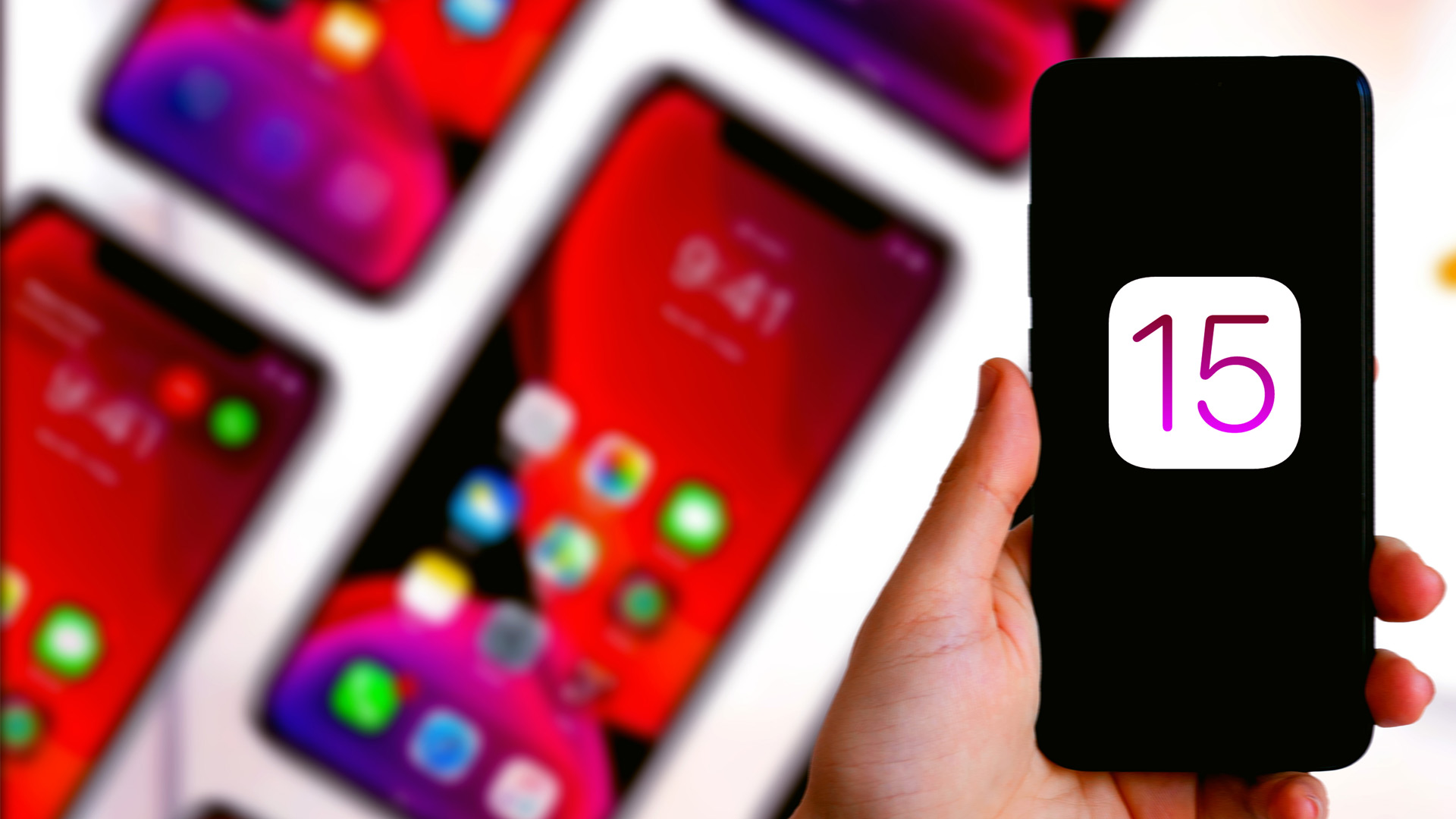iOS 15 adoption lags behind iOS 14 - but don't cry for Apple
Consumers are upgrading to the latest mobile OS a little more slowly than for previous versions

Almost three-quarters of all Apple iPhone models introduced in the last four years have been upgraded to iOS 15, according to data provided by Apple on one of its developer support pages (as spotted by Apple Insider).
It's an adoption rate that is slower than previous iOS updates. By December of 2020 Apple reported that 81% of iPhones released in the prior four years were running iOS 14, which had launched with the iPhone 12 just two months prior.
Possibly more worrisome is that just 63% of all iOS devices capable of running iOS 15 are doing so. In 2020, the number was at 72%.
If you leave aside all the iPhone 13's sold in the last quarter, a number sure to be in the millions, that leaves a larger group of consumers who are simply ignoring the notifications encouraging them to upgrade their devices to iOS 15.
As to why some consumers might be holding back, it's unlikely that any are concerned with performance or stability. iOS 15 has been relatively bug free and, in our experience, brings a nice upgrade to current and even older iPhones.
It might be some of the interface changes, specifically, the redesigned Safari, which moved the address bar from the top of the Web interface to the bottom. It's a controversial-enough change that some are offering tips on how to revert iOS's Safari to the original interface design. Maybe it's the updated Focus features, which can be too aggressive if you don't dial them back.
It might also just be that people are happy with iOS 14, the mobile platform they quickly adopted back in 2020.
Get daily insight, inspiration and deals in your inbox
Sign up for breaking news, reviews, opinion, top tech deals, and more.
These numbers are in no way a cause for concern in Cupertino, however. Apple iOS adoption rates still far outstrip those of Android updates. Last year, Google reported that the majority of Android Phone users were still running out-of-date versions of the popular mobile operating system: 24.2% were running Android 11, 18.2 % were running Android 9, and 13.7% were running Android 8, and 26.5% were running Android 12 (the latest version).
Obviously, Google's Android does not have the same level of hardware control as Apple, which develops iOS and makes all its own phones. Android is spread across myriad hardware manufacturers, which work with carriers that do not always immediately deliver that latest mobile OS to their customers' phones.
Even so, Apple's ability to attract almost three-quarters of those running most of the latest iPhone hardware to its latest iOS is something of an achievement. Are the numbers a little lower than usual? Sure. Is Apple worried? We doubt it.
- Everything you need to know about iPhone 13 Pro

A 38-year industry veteran and award-winning journalist, Lance has covered technology since PCs were the size of suitcases and “on line” meant “waiting.” He’s a former Lifewire Editor-in-Chief, Mashable Editor-in-Chief, and, before that, Editor in Chief of PCMag.com and Senior Vice President of Content for Ziff Davis, Inc. He also wrote a popular, weekly tech column for Medium called The Upgrade.
Lance Ulanoff makes frequent appearances on national, international, and local news programs including Live with Kelly and Mark, the Today Show, Good Morning America, CNBC, CNN, and the BBC.